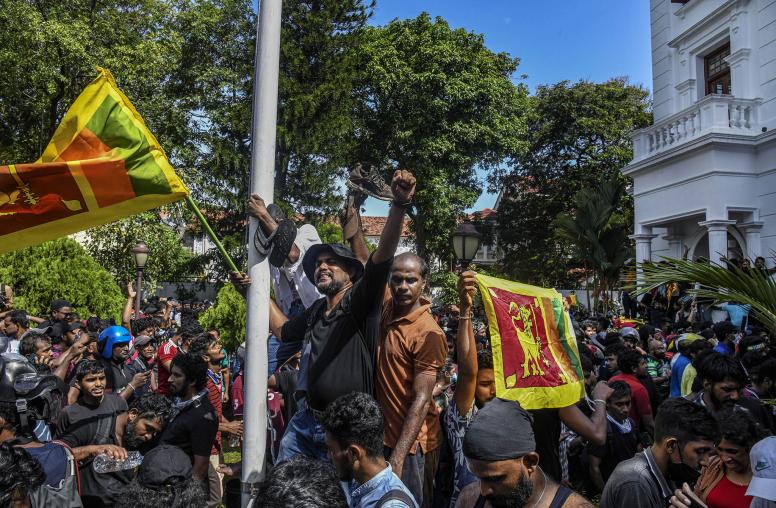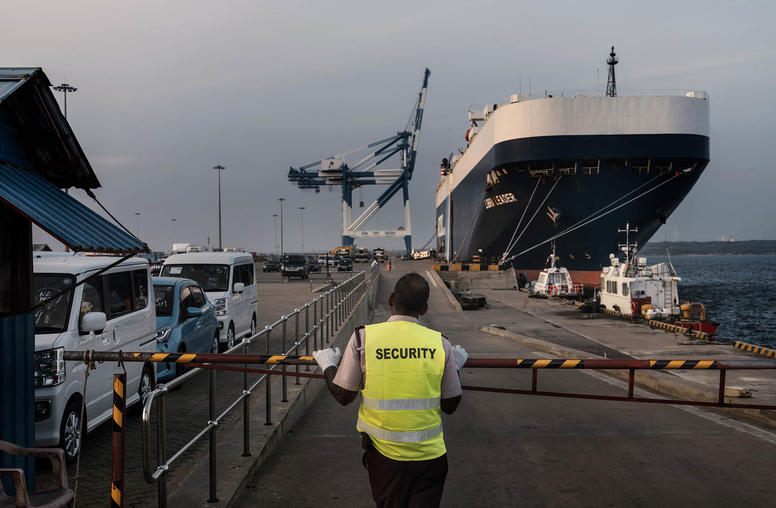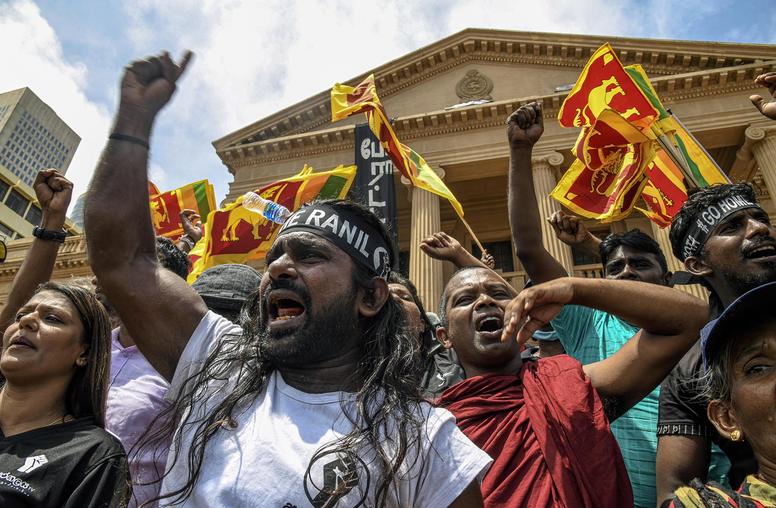Peace Agreements: Sri Lanka
Peace Agreements Digital Collection
Agreement on a ceasefire between the Government of the Democratic Socialist Republic of Sri Lanka and the Liberation Tigers of Tamil Eelam
(02-22-2002)
Posted by USIP Library on: February 25, 2002 and March 18, 2002
Source Name: Web site of the Norwegian Ministry of Foreign Affairs for text of the agreement.
Source Name: Embassy of Norway in Washington, D.C. for text of Annexes A and B via e-mail.
Source URL: www.odin.dep.no/ud/norsk/aktuelt/pressem/032171-290002/index-dok000-b-n-a.html
Date downloaded: February 22, 2002
Date e-mailed: March 13, 2002
Note: Paragraphs 3.2 through 3.6 have been moved from their position in the text on the web site to follow the numerical sequence. Text of Annexes A and B are inserted at the end of the agreement.
Statement by Mr. Jan Petersen, Foreign Minister of Norway: Announcement of Sri Lanka ceasefire
(02-22-2002)
Posted by USIP Library on: February 25, 2002
Source Name: Web site of the Norwegian Ministry of Foreign Affairs.
Source URL: www.odin.dep.no/ud/engelsk/aktuelt/pressem/032171-070011/index-dok000-b-n-a.html
Date downloaded: February 22, 2002



